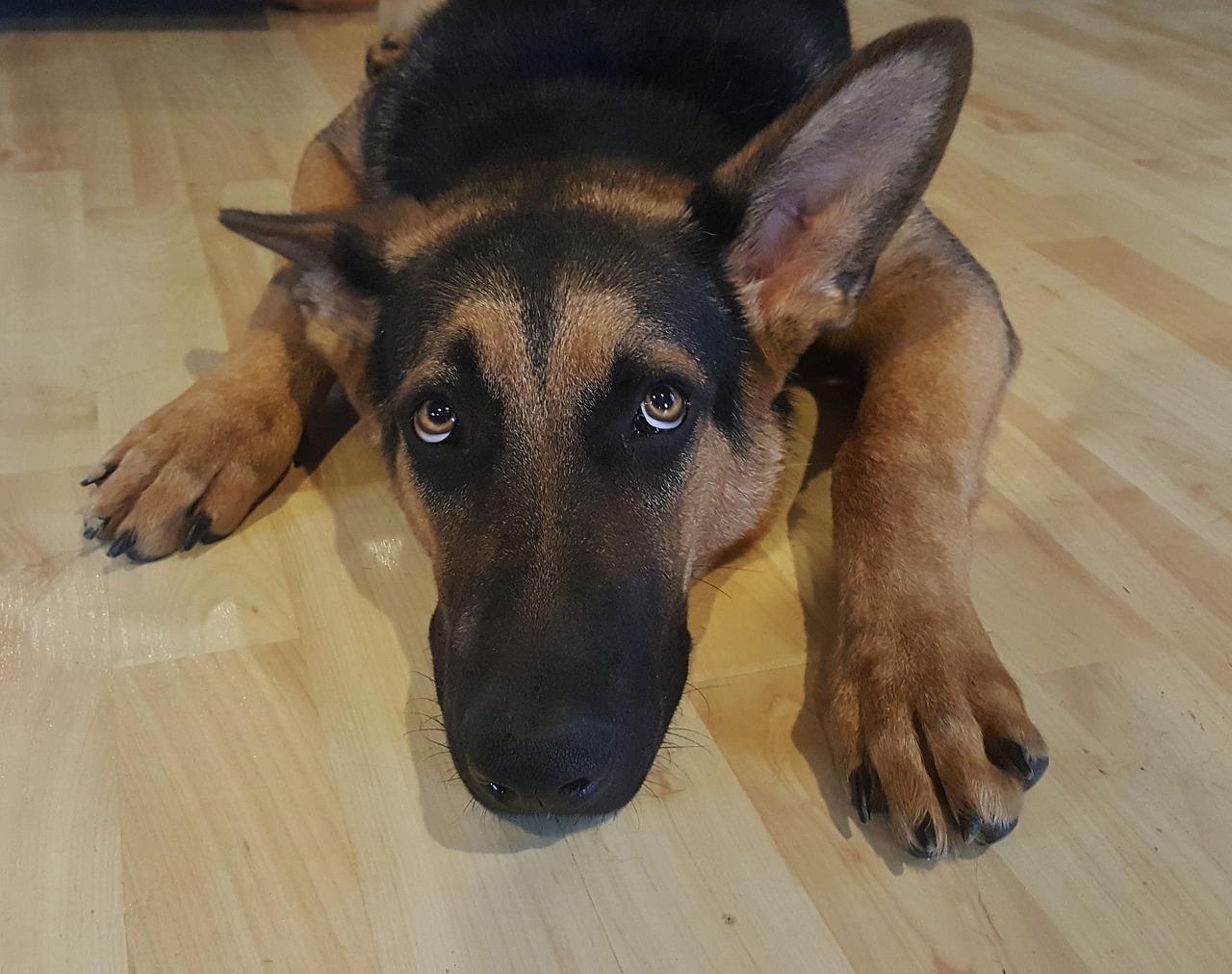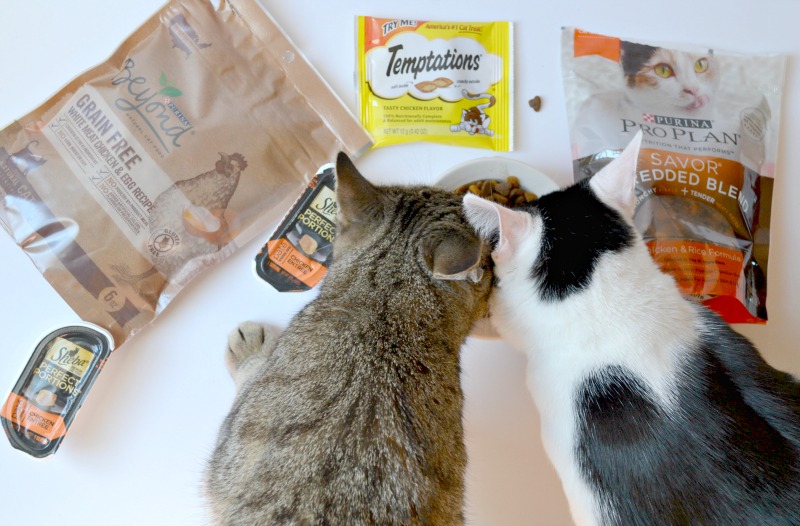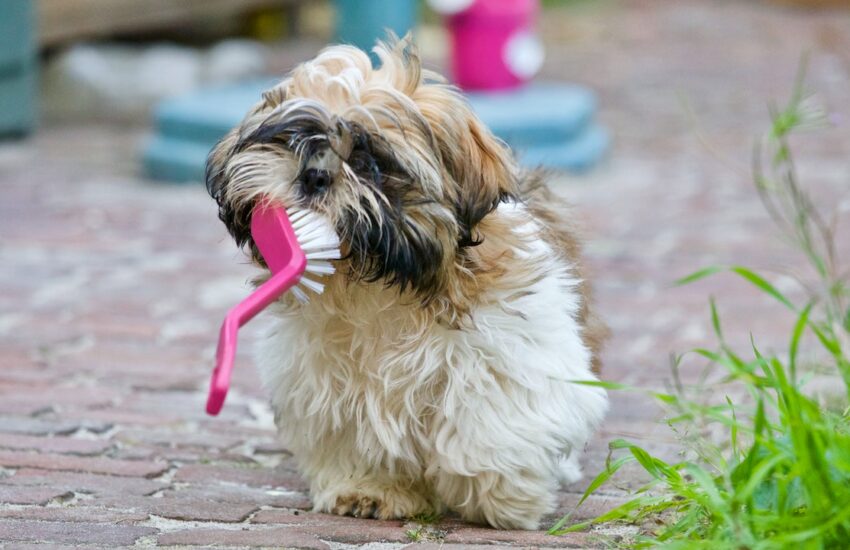How to Help a Dog With Separation Anxiety
Whether you decide to visit Pride & Prejudoodles official website or get a dog from a rescue, dogs quickly become important members of our family. While they love to have a good time, play and run around, some dogs can develop separation anxiety.
This essentially means the dog will become anxious, loud, and/or destructive when they are left alone. They can destroy a home, and make leaving a dog alone very challenging. If your dog has it, and you want to help it get over the issue, there are some things you can do. This blog post is going to go over a few tips to help your dog who is struggling with separation anxiety.
Gradually Get Them Used to Be Alone
If the goal is to get your dog to be comfortable being alone, you need to expose them to this and get them used to it. However, you don’t want to begin by leaving them alone for hours at a time. Start gradually, with something as simple as keeping your dog in a different room than you for a while with some treats or their favorite toy. Eventually, you can build it up to them being alone for long periods once they learn being alone isn’t so bad.
This can take a while, and may be difficult at first, but can certainly be done. As for how long it will take, that depends on your dog, how old they are, and how bad their separation anxiety is. For some people getting over separation anxiety can take days or weeks, but for others may take months.
Stay Low-Key When You Leave and Arrive Home
One of the best ways to help ease the anxiety a dog feels when you leave is to keep all comings and goings low-key. Many people, when they leave or go home, instantly run to their dog and say hello or goodbye with a big hug and some kisses.
While you think this isn’t a problem, it can be. If you make it a big deal every time you leave, the dog will follow suit and make it a big deal, as well. This can work them up into a frenzy, and make them anxious every time you leave. If you make it seem like you will be gone for a long time and that your leaving is a major event, it should come as no surprise that the dog will worry.
If leaving is just something you do without warning and you don’t make it seem like anything special, the dog will often do the same. When leaving and arriving, it is generally good to ignore the dog for a minute or two or keep goodbyes and introductions light. This is much easier said than done but can work wonders in preventing or dealing with separation anxiety.
Use Counterconditioning
One of the best and potentially quickest ways to help a dog who is suffering from separation anxiety is to use counterconditioning. The idea of counterconditioning is to change the dog’s reaction to being alone from anxious or stressful, to positive.
If you can associate the dog being alone with something very good, they will be more than happy to be alone. If they associate being alone with good treats or their favorite toy, they will learn that despite their fear, being alone often brings them good things.
Of course, for this to work, you need to reserve their favorite toys or treats for when you are gone, to make them feel as special as possible. While this method may not work in severe cases, it can certainly help those mild to moderate cases.
In conclusion, we hope that this article has been able to help you assist a dog that is dealing with separation anxiety.


